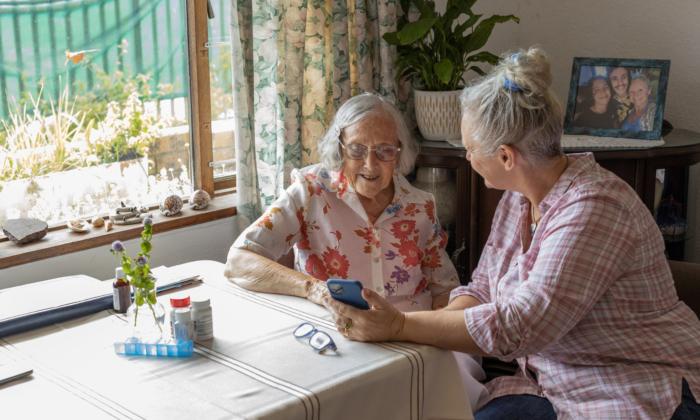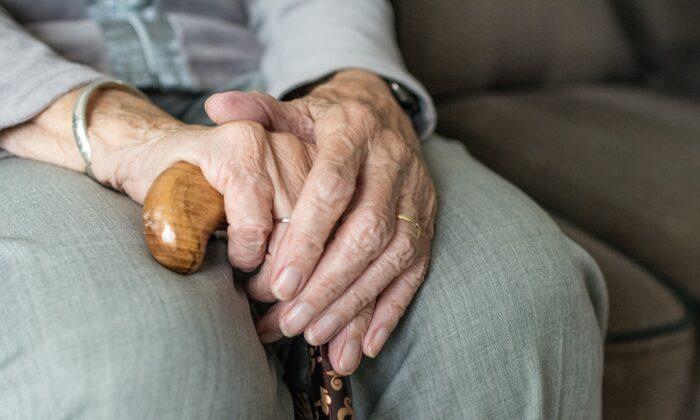As many as 10 million older Americans suffer from depression, often brought on by feelings of loneliness and isolation, but using the internet can reduce those chances by more than 30 percent.
“That’s a very strong effect,” says Shelia Cotten, professor of telecommunication, information studies, and media at Michigan State University. “And it all has to do with older persons being able to communicate, to stay in contact with their social networks, and just not feel lonely.”
Cotten and her colleagues analyzed data collected by the Health and Retirement Survey, a survey collecting information from more than 22,000 older Americans every two years.
This particular sample included more than 3,000 respondents. “This is one of the largest and most comprehensive surveys of its kind,” Cotten says.
Other smaller studies have been inconclusive about the role internet use and technology play in helping people overcome depression.
To find out if past depression affected current depression, the researchers considered the subjects’ depression levels before they began using the internet.
While some people did remain depressed despite internet use, it wasn’t substantial, Cotton says. “Internet use continues to reduce depression, even when controlling for that prior depressive state.”
Published in the Journal of Gerontology: Psychological Sciences and Social Sciences, the study also confirmed what earlier studies have shown: for older people who live alone, internet use has a greater impact on their levels of depression. But it all comes down to how you choose to use your technology, Cotton says. As with most things in life, moderation is best.
“If you sit in front of a computer all day, ignoring the roles you have in life and the things you need to accomplish as part of your daily life, then it’s going to have a negative impact on you,” Cotten says.
“But if you’re using it in moderation and you’re doing things that enhance your life, then the impacts are likely to be positive in terms of health and well-being.”
Researchers from Harvard Medical School; University of Montevallo, Alabama; and the Phoenix Center for Advanced Legal and Economic Public Policy Studies contributed to the study.
Source: Michigan State Republished from Futurity.org under Creative Commons License 3.0.
*Image of “elderly woman’s hands“ via Shutterstock






Friends Read Free